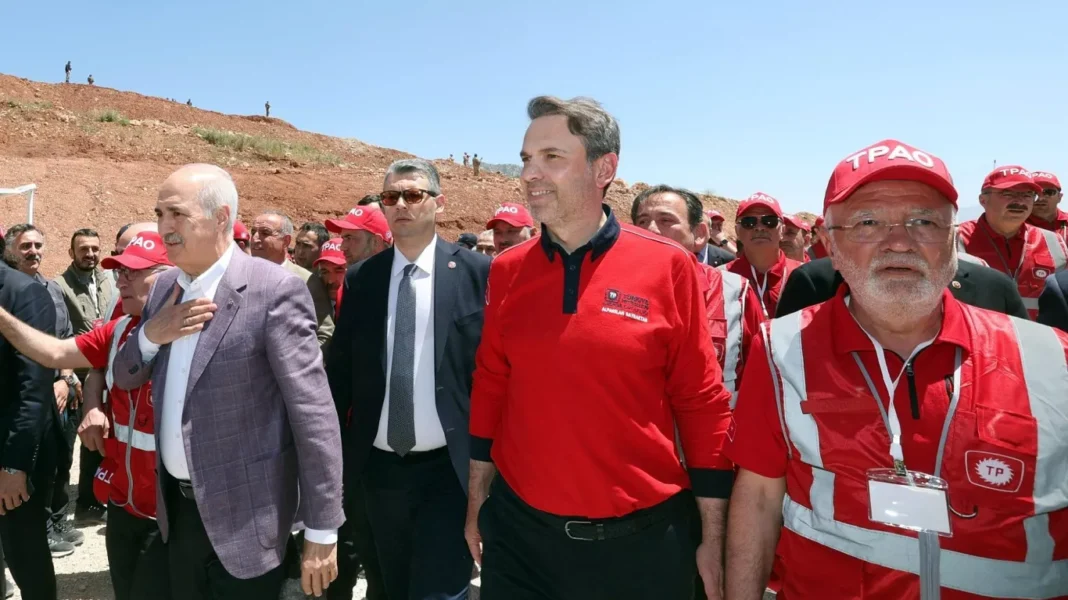US oil producer Continental Resources has estimated that a shale oil reserve in southeastern Turkey’s Diyarbakır Basin may hold as much as 6.1 billion barrels, Turkish Energy Minister Alparslan Bayraktar said, according to Reuters.
Continental Resources and Turkish state energy company TPAO signed a joint venture agreement in March to develop shale oil fields in the region.
“Turkey’s current annual [crude] oil import amounts to 365 million barrels. So a 6.1 billion barrel reserve is a great figure,” Bayraktar told reporters during a visit to southeastern Turkey this week.
The minister previously described the agreement as “a new era in local crude oil exploration,” saying Turkey views shale oil and gas discoveries as an important opportunity. He added that the country also aims to produce shale gas from the northwestern Thrace region.
“Shale oil and shale gas could be a game changer,” he said.
Continental Resources did not immediately respond to a request for comment.
Turkey is not a major oil or gas producer and currently imports more than 90 percent of its energy needs. The government is seeking to reduce its energy import bill and enhance supply security by developing domestic reserves and expanding international partnerships in oil and gas exploration.
President Recep Tayyip Erdoğan recently announced the discovery of a new natural gas reserve totaling 75 billion cubic meters during offshore drilling in the Black Sea.
Turkey has previously announced several natural gas discoveries in the Black Sea with considerable fanfare, often accompanied by high-profile speeches from President Erdoğan and supportive media coverage presenting them as game changers for the country’s energy independence.
While these announcements were met with enthusiasm, experts have noted that production progress has been slower than anticipated and the economic impact has been less dramatic than initially promised.
Critics argue that such declarations, often timed before elections or during economic downturns, have been used to bolster public morale and political support, even as actual output and infrastructure development have lagged behind expectations.

